Badgers have topped a new list of UK animals most at-risk of becoming roadkill - and they’re particularly vulnerable right now.
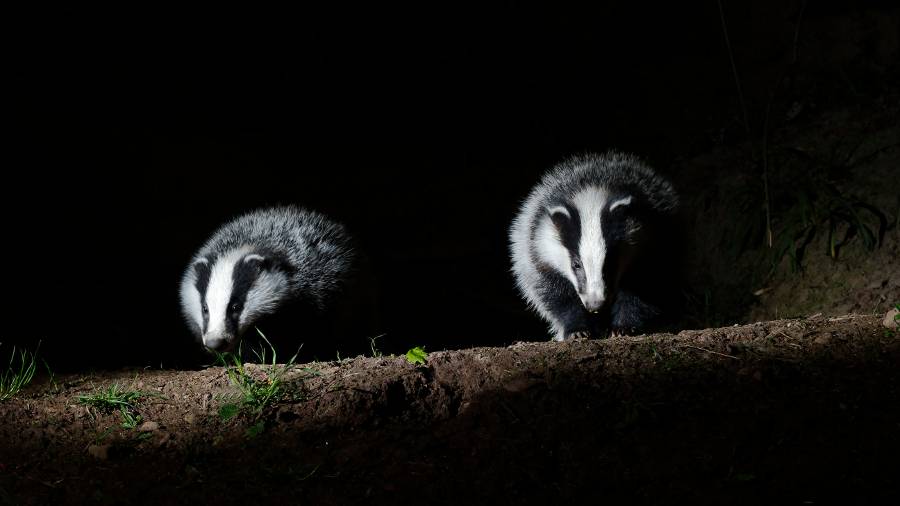
The animal’s plight is highlighted by new stats revealed by Select Car Leasing, as motoring experts reveal how drivers can help to protect our brocks.
The data is sourced from the ‘Road Lab’, which has been running for more than 10 years at Cardiff University, and sees citizen scientists from across the UK report instances of roadkill by species.
And having compiled almost 100,000 roadkill reports since 2013, it’s badgers that sit at the top of the decade-long kill list - ahead of pheasants, foxes, hedgehogs and rabbits.
Top 5 species (2013-2024):
- Badger – 16,529
- Pheasant – 11,715
- Fox – 10,837
- Hedgehog – 8,554
- Rabbit – 7,201
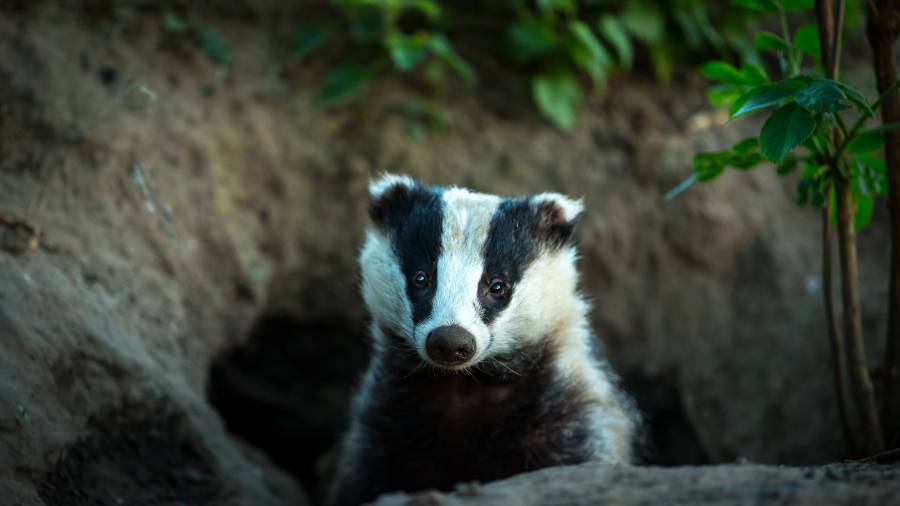
In 2023 alone the Road Lab received more than 4,000 roadkill reports - with badgers again being the most frequently reported species, at 687 incidents, followed by foxes and hedgehogs.
However, the Road Lab also points out that even though badgers top its list of most reported animals, they are not necessarily the most at-risk species when it comes to roadkill, as observer ‘bias’ may also be a factor.
Commenting on the latest findings, the Badger Trust - which shares its own roadkill reports with the Road Lab - says April is ‘peak time for badgers killed on roads’.
The charity warns that this time of year sees the previous year's cubs leaving the main sett to look for new territory, while female sows forage to feed their cubs - activity that can see them straying onto roads with catastrophic consequences.
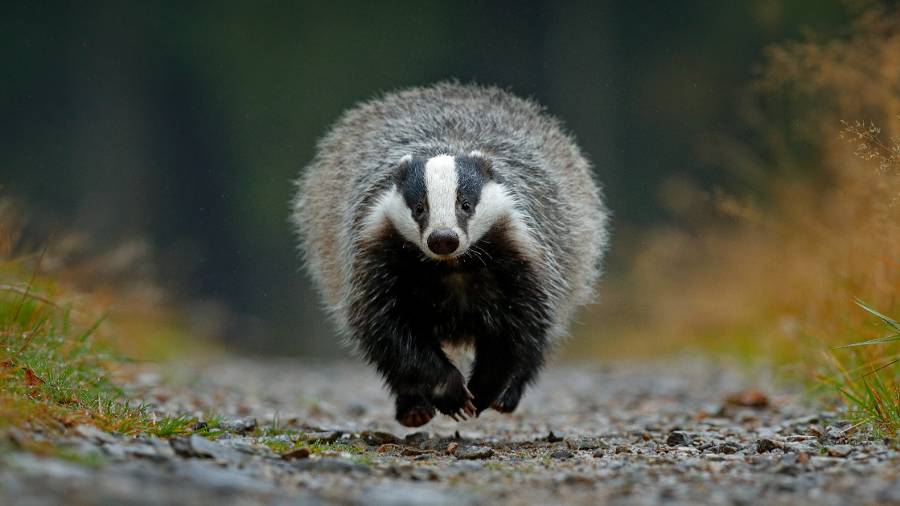
Graham Conway, Managing Director at Select Car Leasing, says the figures make for sobering reading for wildlife lovers.
He reveals: “It’s a common sight that no-one who loves wildlife wants to see - that glimpse of black and white fur on the verge that indicates yet another badger has been killed on our roads.
“The latest Road Lab stats make for sobering reading - and it’s likely just the tip of the iceberg when it comes to real-life instances of roadkill, as many hits simply won’t be reported.
“As the Badger Trust highlights, there are things we can all do as drivers to improve the lot of our brocks when we’re behind the wheel - with slowing down being the most important, particularly on country roads, and especially around dawn and dusk when badgers are most active.
“There’s no getting away from the fact that badgers have a mixed reputation here in the UK, with some viewing them as pests, but to most right-thinking members of the public, their protection is important.”
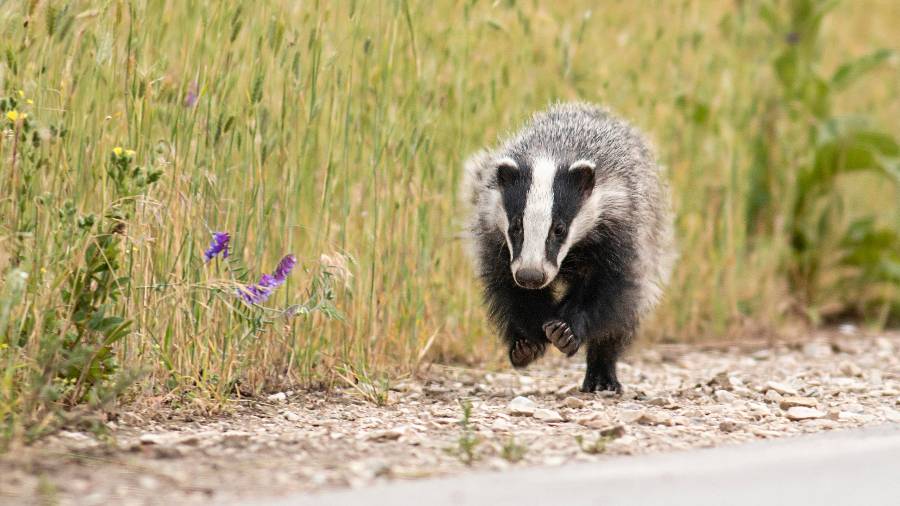
Eleanor Chubb, Research Assistant at the Road Lab, says roadkill reports are collected to understand where, when and why wildlife roadkill occurs - with the ultimate aim to reduce wildlife roadkill in the future.
They add: “‘These numbers stem from citizen scientists across the UK, but almost certainly do not reflect the true scale of roadkill, which is likely to be orders of magnitude higher.”
A spokesperson for the Badger Trust says badgers are particularly susceptible to roadkill compared with other wildlife, being nocturnal animals with poor eyesight.
The spokesperson adds: “Groups living together in setts will use the same paths to access foraging grounds for generations, so badgers are particularly vulnerable to road traffic collisions. Unfortunately, this time of year is the peak time for badgers killed on roads, as the previous year's cubs leave the main sett to look for new territory and female sows forage to feed their cubs.”
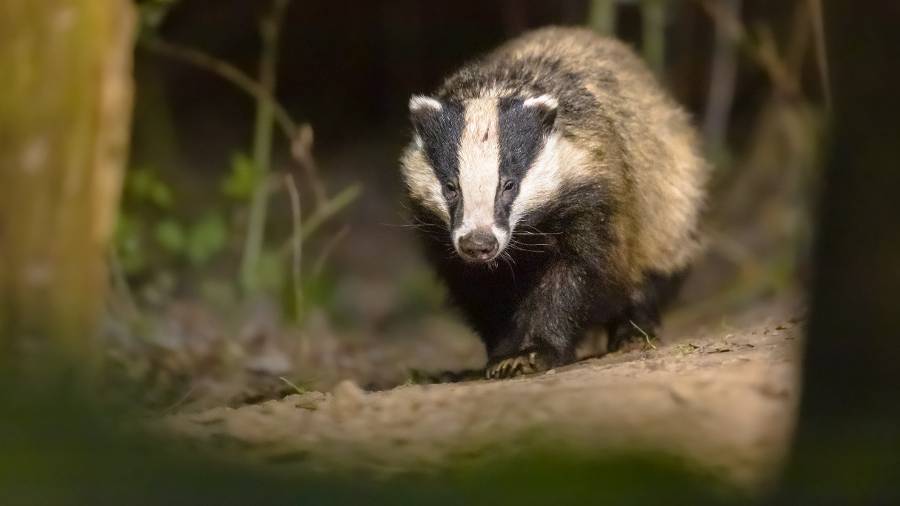
The Badger Trust’s 'Give Badgers a Brake' campaign highlights the risks to wildlife on our roads and calls for a ‘coordinated policy to improve safeguards for wildlife’.
It reveals how a 1995 study estimated that as many as 50,000 badgers were killed on the roads each year - equating to a fifth of the adult population.
Describing how motorists can help mitigate the threat, the Badger Trust says slowing down and ‘ensuring your speed matches the road’, can be a big help.
Its advice adds: “Be alert to wildlife, particularly on country roads, and especially around dawn and dusk. The months of March to May and September to November are particularly risky for badgers, as cubs emerge in Spring, and badgers roam further for food, and possibly mating opportunities, in Autumn. You can help spread this knowledge by advising friends and family, and talking to them about the issues when you are travelling with them.”
You should also report badger casualties - checking, if safe to do so, whether the badger is dead, and also to see if it is a female and lactating, as this would indicate that there may be cubs nearby that need help.
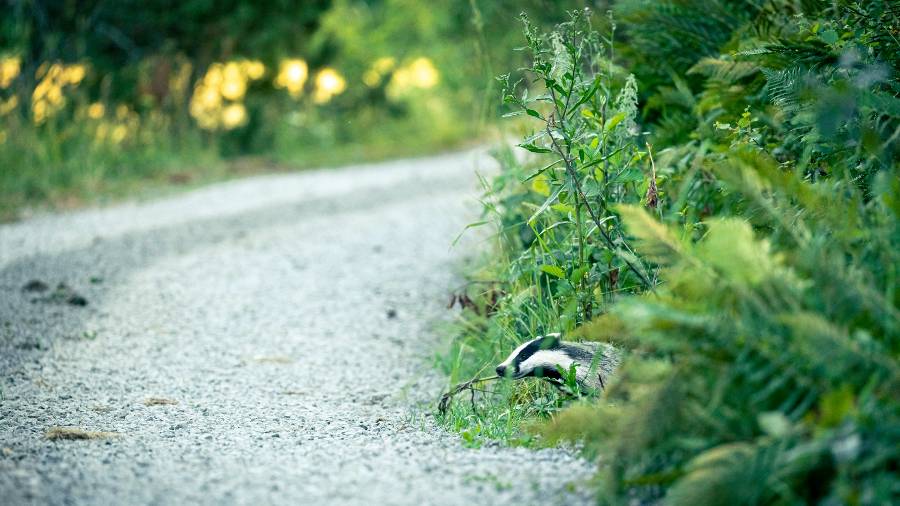
The Trust adds: “If the badger is alive please attempt to contact the local group immediately for assistance. If you do not have a local group please contact a local vet.”
Select Car Leasing’s Graham Conway, meanwhile, says dipping your car’s headlights when you see an animal on the road can also help to show them a path to safety.
He explains: “Whether it’s a badger, deer, fox or rabbit that becomes illuminated by your car’s headlights, turning off the full beam can help to ‘unfreeze’ any frightened animal that becomes rooted to the spot.
“Dipping your lights can expand their field of vision, preventing them from being fully blinded by your full beam, and giving them an opportunity to make their escape”.
The Road Lab is currently working alongside the Badger Trust on a scientific paper that examines badger roadkill and which could help to determine where UK ‘hotspots’ are located.
Enjoyed this? Read our latest news
- Focus ST Edition - the ‘most complete’ Ford hot hatch ever?
- Bentley Bentayga turns to the ‘dark side’
- World debut for new Vauxhall Frontera!
- New Audi S3 more ‘agile’ than ever
- New Skoda Kodiaq - full details revealed!
Where To Next?
For all the latest reviews, advice and new car deals, sign up to our newsletter.
Looking for a great leasing deal? Check out our incredible range of special offers.
Read our latest reviews and find the right model for you.
Want to know more about leasing? Take a look at our comprehensive leasing guides.
Interested in everything motoring? Why not catch up on all the latest car leasing news.














